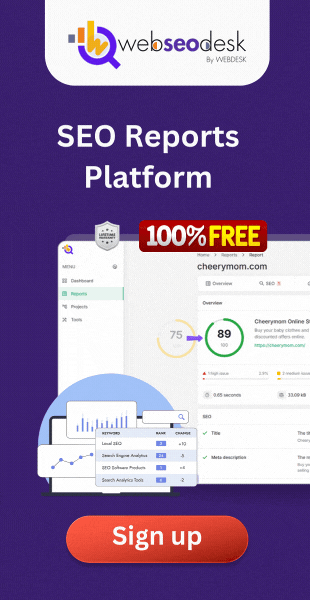Growing your company to a global market calls for a strong plan to guarantee that your website runs across many languages and nations. Maximizing your site to properly target worldwide viewers depends on international SEO. The greatest techniques for international SEO are investigated in this post to assist you in improving your global reach and exposure.
- Know Your Target Readership
Decide the areas and languages you wish to target before delving into technical improvements. Perform market research to comprehend:
Search Behavior: Using alternative terms, users from other countries could search for related products.
Cultural Variations: Write for the local audience specifically.
While Google rules worldwide, search engines like Baidu in China or Yandex in Russia might call more attention.
- Use tags in Hreflang.
Hreflang tags mark for search engines the language and geographic targeting of your webpages. Using hreflang guarantees that, depending on their language or location, users view your website in the correct version.
As follows:
HTML Copier Modifier Link rel=”alternate” hreflang=”en-us\” href=”https://example.com/us/” />
Link rel=”alternate” hreflang=”fr-fr”; href=”https://example.com/fr/” />
- Make country-specific URLs.
Organize your URLs to match the region or country you are aiming for. Three often-used strategies consist of:
Country Code Top-Level Domains: CCTLDs For France, use domains like .fr; for Germany, .de.
Add country-specific folders, like example.com/fr/.
Use subdomains such as fr.example.com.
Although every choice has advantages and drawbacks, local viewers usually trust ccTLDs most.
- Localize Content; Avoid Simply Translation
Not enough is just converting your website into another tongue. Localizing your material means tailoring it to fit local idioms, cultural quirks, and user tastes.
Show pricing in the native currency and apply dimensions unique to the area.
Tone and Imagery: Make sure messaging and images complement regional cultures.
For every target language, do keyword research to find regionally pertinent search terms.
- Get ready for local search engines.
Adjust your website depending on areas where Google is not the main search engine:
Baidu: Host your website in China and give simplified Chinese material top priority.
Yandex: Pay special attention to local Russian backlinks and fast-loading pages.
Naver: Incorporate rich materials for the Korean market, including blogs and Q&A pages.
- Handle Technical SEO for Global Sites
Make sure your website is technically sound for viewers all around.
Reliable Content Distribution Network (CDN) helps users all over to maximize site performance.
Many overseas users depend mostly on mobile devices; hence, responsive design is absolutely necessary.
Structured information: Use schema markup to enhance the way search engines view the material on your page.
- Create Neighborhood Backlinks
Getting backlinks from credible local websites increases your local authority in particular areas. Give particular attention to:
Working with local influencers means teaming with business leaders in your target market.
List your company in local directories for easier access when submitting to regional directors.
Regionally Specific Content for Publishing: Create premium material catered to local interests to draw natural backlinks.
- Track and Modify Your Approach
Searching internationally is an always-changing procedure. Track the performance of your site across several areas using analytics tools and base changes on data.
Google Search Console: Track indexation problems and hreflang application.
Track keyword performance in particular nations and languages.
Examining session length, bounce rates, and conversion rates helps one find areas needing work.
In summary
International SEO lets companies interact with a worldwide audience and break through regional restrictions. Implementing hreflang tags, localizing material, optimizing for regional search engines, and always tracking your efforts can help you to develop a successful worldwide plan. Give user experience and relevance top priority for every market to maximize your global search engine optimization.












0 Comments